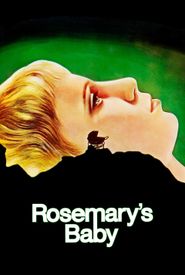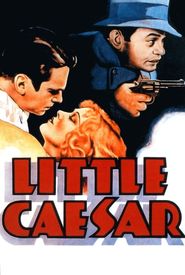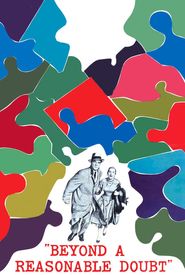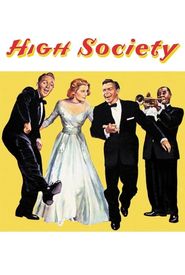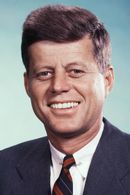Sidney Blackmer was a renowned American actor who enjoyed a long and distinguished career in both film and theater. Born on July 13, 1895, in Salisbury, North Carolina, Blackmer initially planned to study law at the University of North Carolina-Chapel Hill. However, his passion for acting led him to pursue a career in the performing arts.
Blackmer began his acting career on Broadway, making his debut in 1917 with the play "The Morris Dance." He went on to appear in numerous productions on the Great White Way, including the comedy "The Mountain Man" in 1921, which catapulted him to stardom.
In the 1920s, Blackmer became a pioneer in the new medium of radio, where he sang and acted. He also experimented with television, participating in the first experimental dramas on Allen B. DuMont's network. However, it was the movies that increasingly drew Blackmer's attention, and he typically played smooth villains from high society or sympathetic roles.
Blackmer made his credited film debut in the 1929 talkie "The Love Racket." He went on to appear in numerous early sound films, including "Kismet" (1930/I),which is considered a lost film. He was memorable as Big Boy in support of Edward G. Robinson in the gangster classic "Little Caesar" (1931).
Blackmer returned to Broadway in 1931 with the comedy "The Social Register" and appeared again in the comedy "Stop-Over" in 1938. In Hollywood, he had a supporting role in the Robert Donat version of "The Count of Monte Cristo" (1934) and appeared in William A. Wellman's "The President Vanishes" (1934),co-starring Edward Arnold and Osgood Perkins.
Sidney Blackmer has the distinction of starring in the only movie ever "written" by a president of the United States, "The President's Mystery" (1936),based on a story by Franklin D. Roosevelt. F.D.R. was an avid murder mystery reader, and at a meeting of whodunit authors at the White House during his first administration, he suggested an idea for a mystery novel to the writers. The resulting book, "The President's Mystery," became a best-seller due to F.D.R.'s enormous personal popularity.
In the late 1930s, Blackmer began making a side-line out of portraying F.D.R.'s cousin Theodore Roosevelt, appearing as the wild 'n' woolly bully Bull Moose himself in "This Is My Affair" (1937),"The Monroe Doctrine" (1939),and the Academy Award-winning two-reel short "Teddy the Rough Rider" (1940). He followed these up, reprising T.R., in the patriotic short "March On, America!" (1942),in the John Wayne western "In Old Oklahoma" (1943),in Bill Wellman's "Buffalo Bill" (1944),and in the nostalgic "My Girl Tisa" (1948).
Blackmer appeared in three Broadway productions in the mid-1940s, but it wasn't until the dawn of the new decade of the '50s that he scored his greatest success on Broadway, playing the dipsomaniac Doc in William Inge's "Come Back, Little Sheba" opposite Shirley Booth, who scored a Best Actress (Dramatic) Tony Award in 1950 as his wife.

